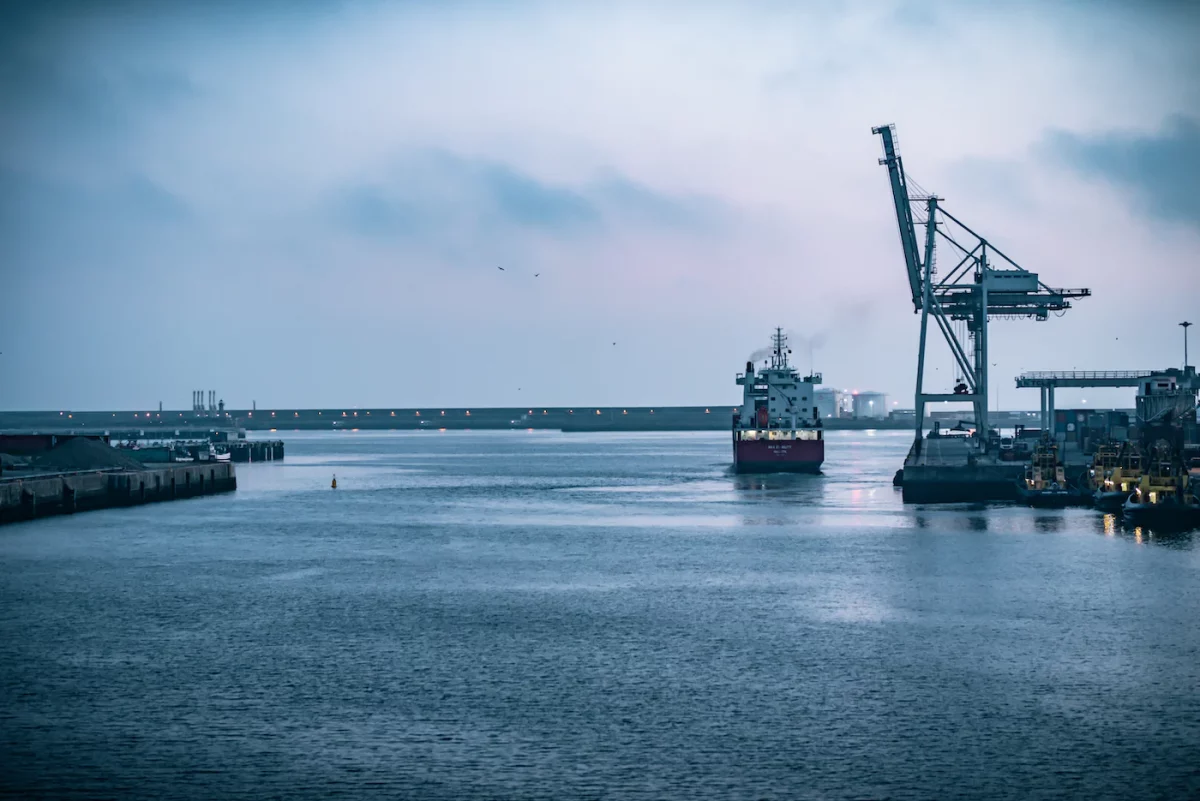How China’s Latest COVID-19 Outbreak Affected the Global Supply Chain

The COVID-19 pandemic has crippled various industries worldwide. This led to many companies scrambling to keep their business afloat amid uncertain times. Contactless transactions have become the norm, and the adoption of modern solutions has significantly increased as organizations pivot to remote work and digital commerce.
And one sector heavily impacted by the global health crisis is the international freight forwarding industry. Strict lockdowns have led to international freight forwarding companies suffering losses due to a decrease in manufacturing and massive congestion in major ports worldwide.
It’s been more than two years since the first wave of the pandemic hit the globe, and freight forwarder international firms have slowly recovered since then. But a recent COVID-19 outbreak in China has brought new uncertainties in the global supply chain, with the sudden increase in cases causing worker shortages in ports and important factories across the country.
The Latest COVID-19 Outbreak in China
After easing their harsh zero-COVID policies amid the wide protests in big cities, China has faced what many experts consider the worst COVID-19 wave recorded. Authorities in the country estimated that almost 250 million individuals contracted the virus during the first 20 days of December 2022, making it the fastest rise of COVID patients in the nation since 2020.
This unprecedented situation has led to businesses needing to close down again, as most of the workforce is infected or exposed to an infected individual. Reports also said that medical establishments are overwhelmed by the situation, most of which are struggling to cope with the sudden spike in COVID cases right after the government became lenient with their COVID prevention policies.
Effects on the Global Supply Chain
As home to some of the biggest ports around the world, there is no wonder that the latest COVID surge in China significantly affected the world’s supply chain. Some crucial ports like Shanghai and Shenzhen have recorded a notable increase in shipment cancellations rate, with reports expecting it to go up to 31%. This came as factories found it hard to operate with limited people, especially with many reporting that more than half of workers were infected with the virus.
The latest COVID surge in China also further decreased the demand, which was already down before the fiasco, for goods and raw materials coming from the country. This led to domestic and international factories experiencing delays in procuring products and consumers seeing a shortage in supply for some necessities.
The lack of workers and reduced demand has also led to shipping companies decreasing the number of cargo ships sailing. The delays in the acquisition of freights have significantly contributed to the growth of blank sailings, referring to shipping firms skipping one port or altogether canceling their ship’s voyage. This causes delays in the delivery not only of goods but also consumer parcels in many parts of the globe.
Conclusion
As economies continue to bounce back from the crippling effects of the COVID-19 pandemic three years ago, new disruptions brought fresh challenges to the global supply chain. China’s latest COVID surge led to factories operating at limited capacity and ports experiencing bottlenecks. Countless Chinese manufacturers could not complete orders in time, and freight rates plummeted along with it.
The fear of another COVID-19 outbreak is already expected, especially with the country celebrating the Lunar New Year in late January 2023. But reports show that port congestion and freight procurement have improved in recent weeks, with pickup charges increasing by almost 10%. This can be a good sign that the supply chain will gradually go back to normal, despite the worries of another COVID surge in China.
Looking for a Reliable Freight Forwarder in the Philippines?
The whole shipping fiasco can be daunting for Filipino importers and exporters, but partnering with a reliable freight forwarding company can help you navigate the possible hurdles you’ll encounter. Excelsior Philippines has been in the industry for more than two decades, providing our clients with peace of mind that their shipments will arrive at their destination safely. To learn about our services, contact us now by clicking here or calling (+632) 8525-9775.
